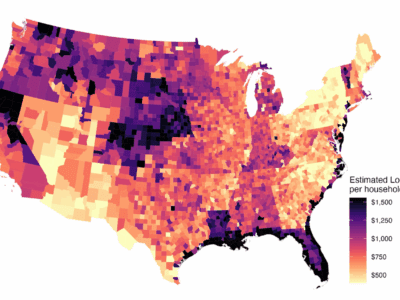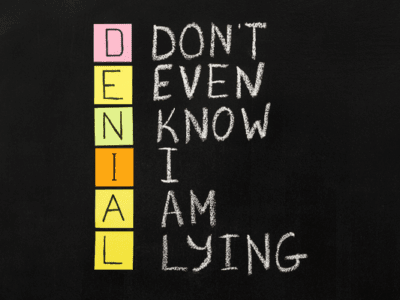Climate Change #7: “But the Earth Abides Forever”
This is the seventh in a series of brief homilies about the lessons of climate change.
The text for today’s sermon is from Ecclesiastes: “One generation passes away, and another generation cometh; But the earth abides forever.” The application to climate change is pretty obvious: greenhouse gases can persist in the atmosphere for centuries, and changes in ocean temperature are even more prolonged. The carbon we send up our smokestacks today will be troubling our descendants for centuries, long after we are gone.
From some points of view, that’s a reason not to worry about climate change. The worst of the harm is a long way in the future, and by the time we discount to present value, there’s really little to worry about. I am not one of those who categorically reject discounting, but the interests of future generations are also entitled to a hearing. Perhaps nowhere is this issue as central as in climate change.
Our ability to make permanent changes in the planet is relevant to other environmental issues. When we wipe out a species in the wild today, we do so for all time — even if we do learn to recreate the species from genetic material, the habits in which it lived wild will long since have changed or disappeared. Humpty Dumpty’ egg is easily broken but not so easily restored.
Similarly, radioactive waste created today will be with us for the long-run. The D.C Circuit faulted EPA and DOE for using “only” a ten-thousand year planning horizon for nuclear waste disposal, because the waste will remain dangerous many times longer than that.
It’s sobering to realize that the choices we make today will affect the lives of future generations so far into the future. Our deeds will far outlive us.







Reader Comments